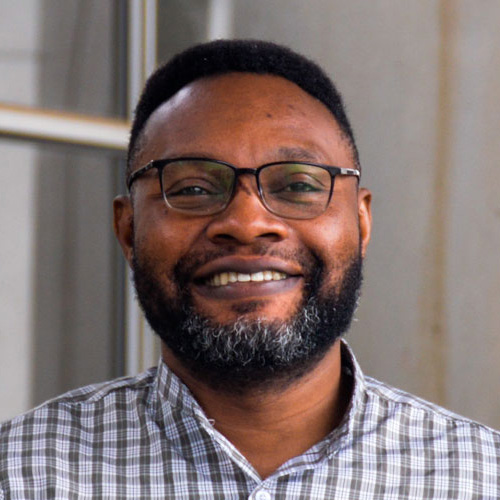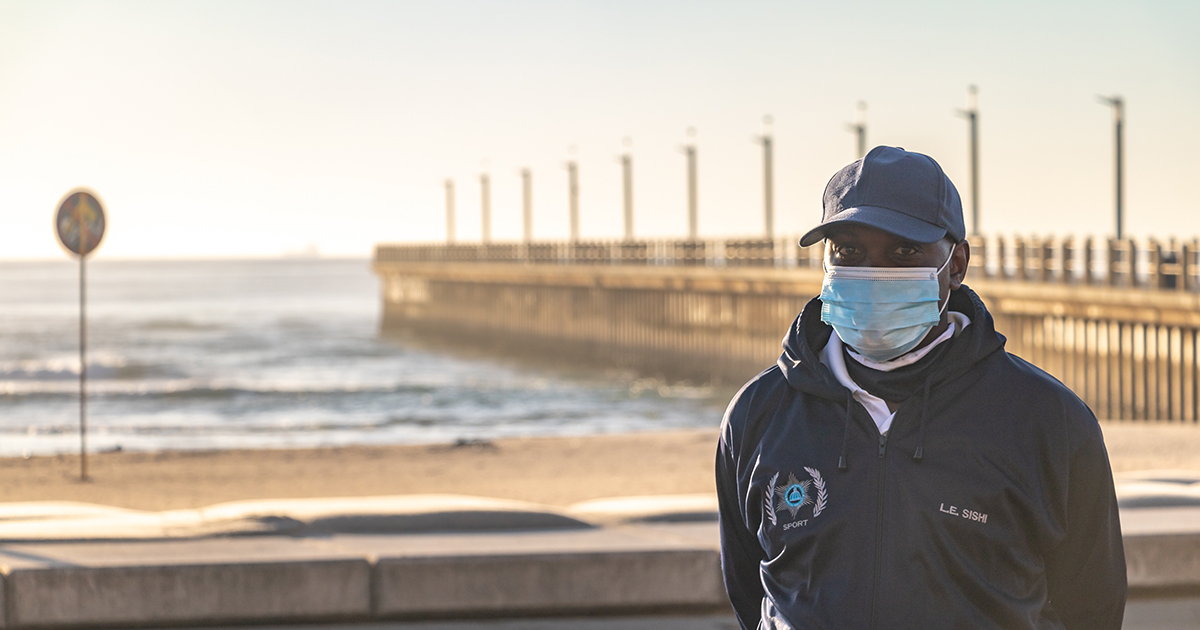The COVID-19 lockdowns, restrictions and regulations caused a momentary shuddering of the democratic criminal justice systems worldwide, including in Africa. The legal responsibilities and powers of the law enforcement officials such as the police and the military became blurry, as behind the cloak of state of emergencies governments unnecessarily extended the powers of law enforcement officials with little to no accountability and oversight measures put in place to safeguard the chances of abuse of the system.
Due to this, an array of the legally protected human rights and fundamental freedoms of individuals including the right to life, freedom of expression, privacy and freedom of association and peaceful assemblies faced serious derogations, while their legal protections were rendered otiose by the actions of the police and the military. Innocent lives have been lost to the unnecessary excessive use of force by the law enforcement officials under COVID-19 settings, without anyone to blame, leaving only the pointing of fingers on one another as a way to hide the deficiencies of the law enforcement sectors.
As a response to the challenges above felt by the continent, the Centre for Human Rights took a collaborative initiative with African Policing Civilian Oversight Forum (APCOF) and Fair Trials to deliver their first advanced course on policing lockdown: accountability and oversights of criminal justice systems online via Zoom.
Approximately 70 participants from 17 African countries and 5 other countries, namely, Nepal, Bangladesh, Malaysia, Azerbaijan and India are involved in the course. Participants include the Centre’s Freedom from Violence PhD researchers, members of the police, military forces, national human rights commissions, civil society, academia, legal practitioners and human rights activists.
The course is delivered through a blend of practical, comparative and theoretical approaches. It explores the conceptual and legal framework governing policing, the legally admissible use of force, the applicability of the human rights principles of necessity and proportionality to policing, police oversight and accountability. Through the comparative approach, it compares African policing experiences in the context of COVID-19 to Latin America, and other parts of the world.
Watch the Video
From the practical side, the course featured a panel discussion on Safeguarding rights: Accountability and oversight in the time of COVID-19, which took place on Wednesday 26 May 2021. The panel was moderated by Prof Frans Viljoen, (Director of the Centre for Human Rights). Panellists included Dr Solomon Dersso, (Chairperson, African Commission on Human and Peoples’ Rights), Prof Fionnuala ní Aoláin, (UN Special Rapporteur on the promotion and protection of human rights and fundamental freedoms while countering terrorism), Prof Hélène Tigroudja, (Member, UN Human Rights Committee), and Mr Pedro Vaca Villareal. This prominent panel tried to clarify issues such as how to build in safeguards and sunset clauses, and what special considerations need to be factored into policymaking, especially for different parts of the criminal justice systems.
The course runs from Monday 24 May until Friday the 28 May 2021.
For more information, please contact:

Tel: +27 (0) 12 420 4197
dennis.antwi@up.ac.za


